22 Simple Suit Rules Every Guy Has To Subscribe To
Feb 09, 2016 03:23
It is not very hard to look good in a suit. All you have to do is follow the rules of dressing up. And they are surprisingly easy. Here are 22 dapper tips to always remember.


3. Your suit jacket should fall just beneath your butt and pants zipper. Or put your hands straight down and clench your fists. Your suit should end where your fingers begin.

4. Your belt color should always match your shoes
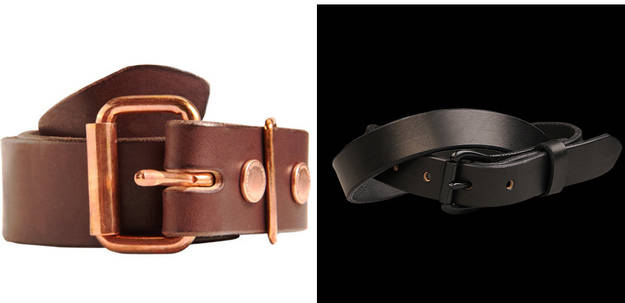
5. Use the
Savile Row Fold so your pants don't fall off the hanger
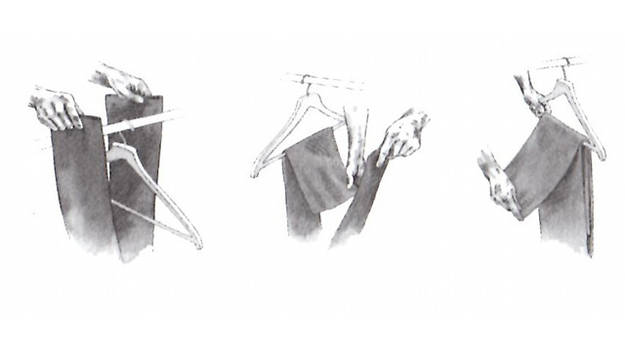


8. Go for a gray/dark gray suit over a black one. Black suits aren't very versatile
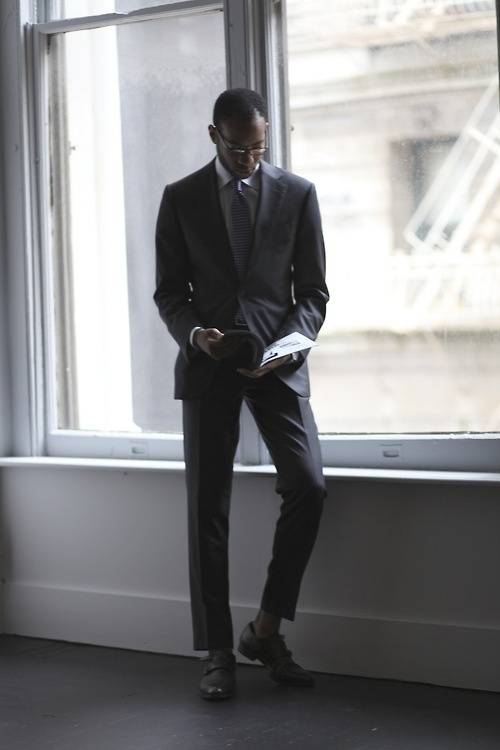
9. Check out this guide to match your shoes to your suit:
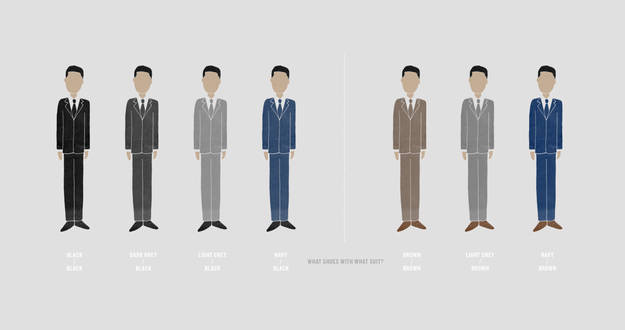
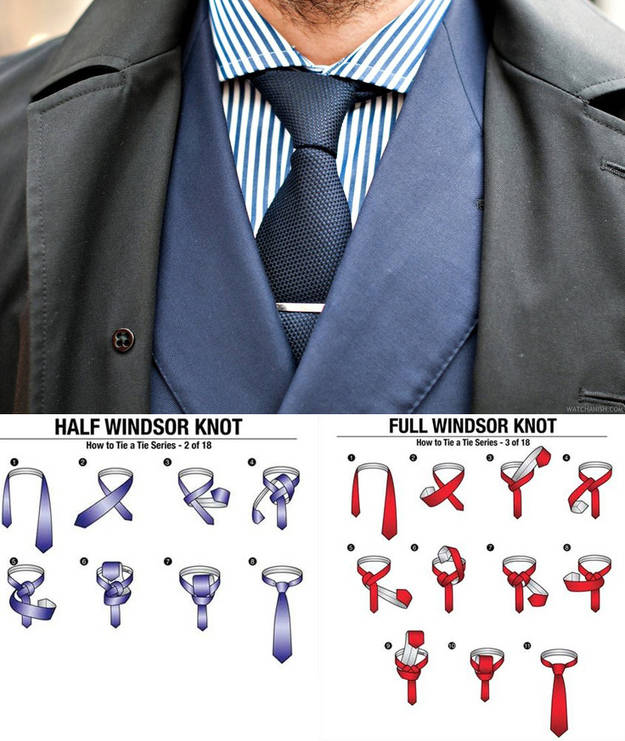
11. Wear a single-button peak-lapel jacket for casual events

13. Wear a double-button, notched lapel jacket for formal events


15. Wear a vest to add warmth

16. Leave the bottom button unfastened when wearing a vest

17. Your socks should always be long enough so you don't expose any part of your leg
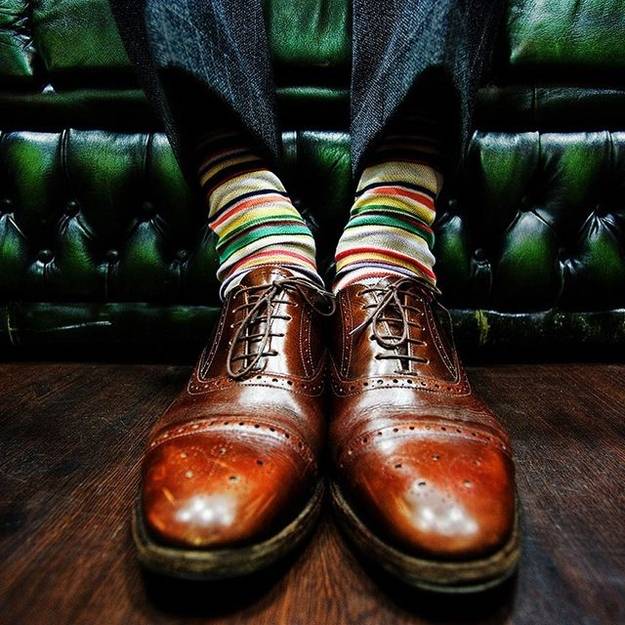

19. Thin lapels are more modern, and look more slender

20. Wide lapels are classic. You'll never go wrong with them

21. Double vents in the back of your suit are a modern cut. It also gives you more "bum"
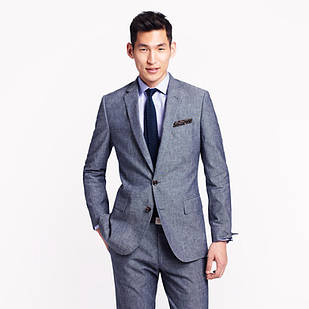

22. Never buy a suit off-the-rack, but if you do, just make sure the shoulders fit

1. Your tie should always be darker than your shirt

2. Your tie shouldn't fall any further than your waistband

3. Your suit jacket should fall just beneath your butt and pants zipper. Or put your hands straight down and clench your fists. Your suit should end where your fingers begin.

4. Your belt color should always match your shoes

5. Use the
Savile Row Fold so your pants don't fall off the hanger

6. Always unbutton your suit when you take a seat

7. The top button of a two-button suit should fall at or above your navel

8. Go for a gray/dark gray suit over a black one. Black suits aren't very versatile

9. Check out this guide to match your shoes to your suit:

10. A classic windsor knot is the fail-safe route to take when tying your tie.

11. Wear a single-button peak-lapel jacket for casual events

12. A pocket square completes the look of your suit and adds more personality
13. Wear a double-button, notched lapel jacket for formal events

14. Expose your sleeve cuffs, but no more than half of an inch

15. Wear a vest to add warmth

16. Leave the bottom button unfastened when wearing a vest

17. Your socks should always be long enough so you don't expose any part of your leg

18. The width of your tie should always match the width of the lapel

19. Thin lapels are more modern, and look more slender

20. Wide lapels are classic. You'll never go wrong with them

21. Double vents in the back of your suit are a modern cut. It also gives you more "bum"


22. Never buy a suit off-the-rack, but if you do, just make sure the shoulders fit









































































